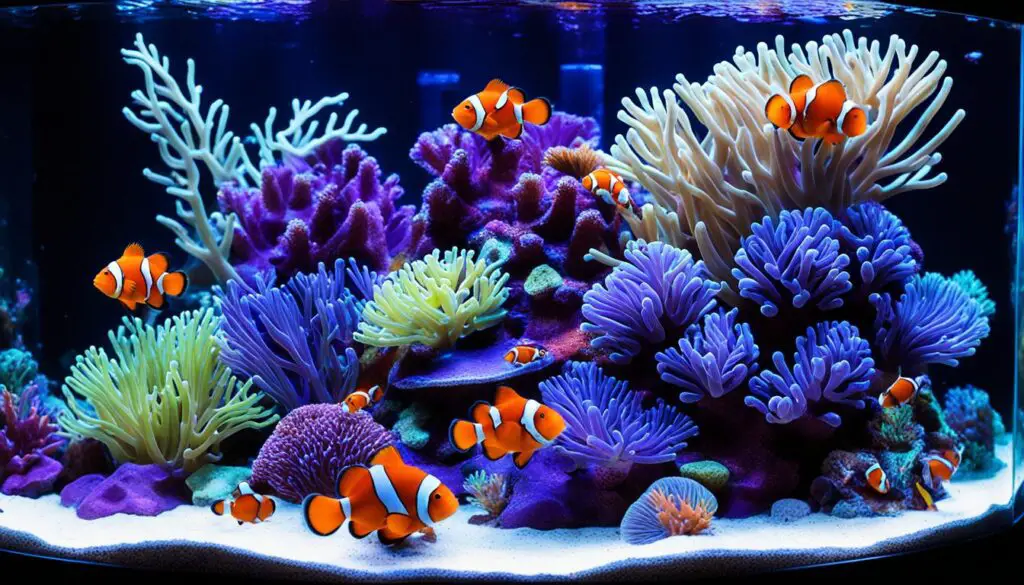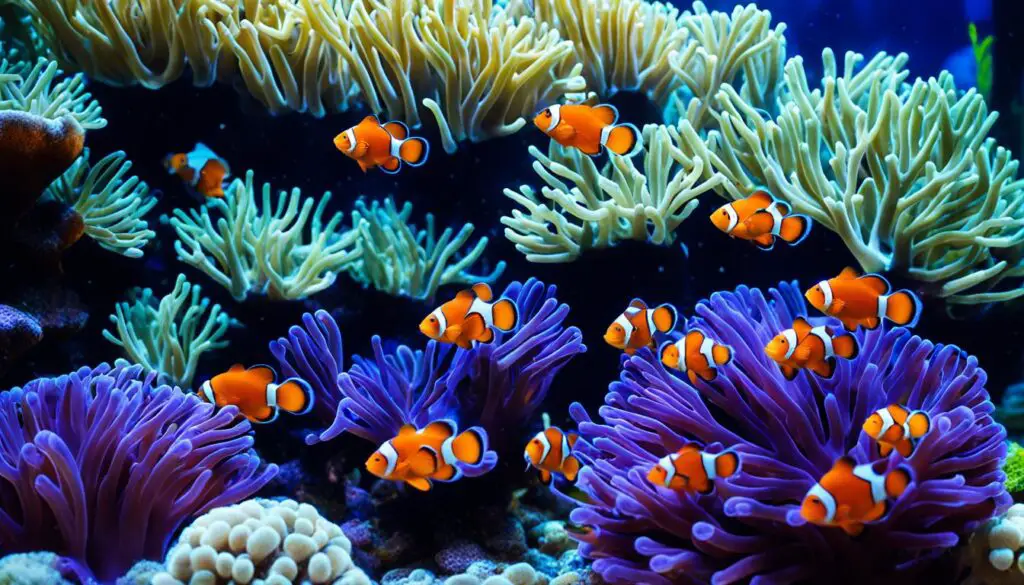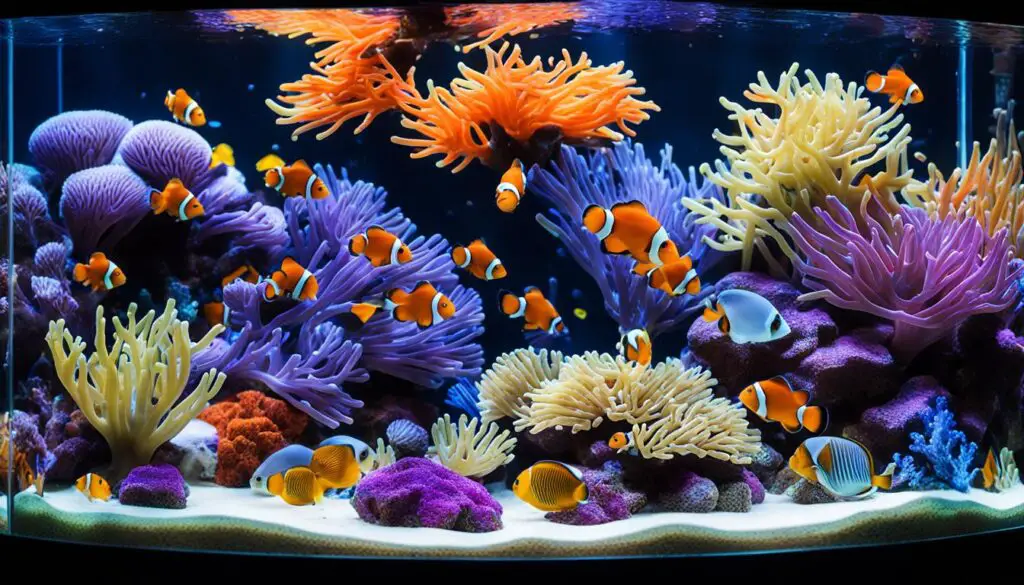Are Sea Turtles Smart
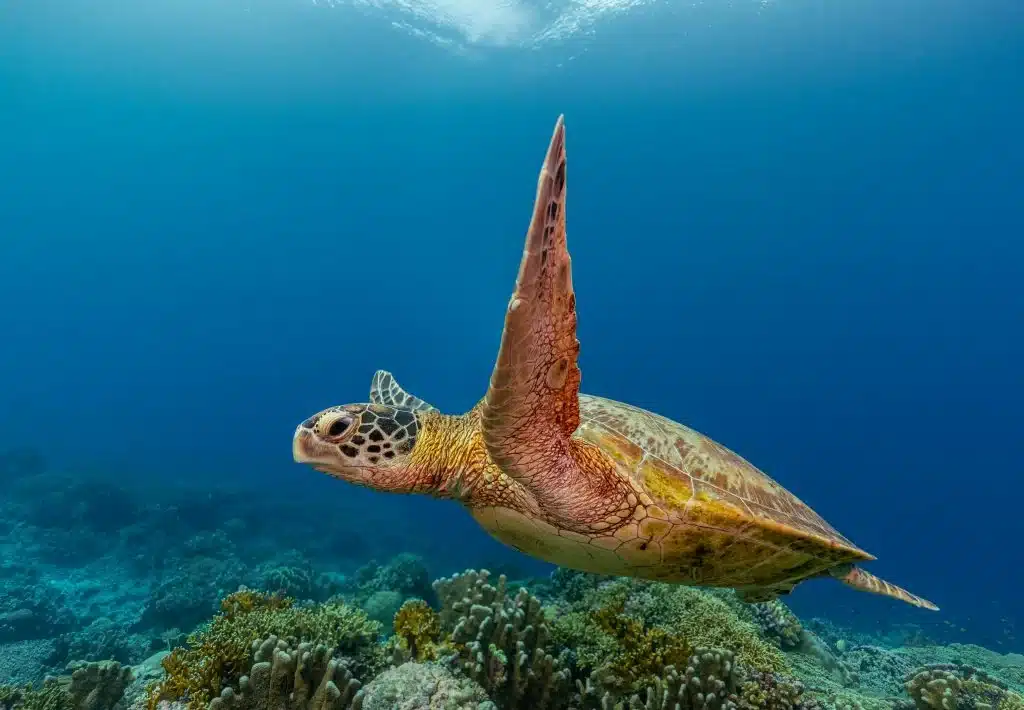
Introduction
Are Sea Turtles Smart: Sea turtles, the ancient mariners of the ocean, have captivated our fascination for centuries. These enigmatic creatures, with a lineage dating back to the time of dinosaurs, roam the world’s oceans with a graceful elegance that belies their tough, resilient nature.
The term “intelligence” in the animal kingdom often leads to a complex web of definitions and interpretations. When it comes to sea turtles, their behavior and abilities suggest a level of intelligence that goes beyond mere instinct. These marine reptiles undertake astonishingly long migrations, navigating thousands of miles across the open sea and returning to the very beaches where they hatched.
Moreover, sea turtles exhibit problem-solving skills and social behaviors, suggesting a higher level of cognition. Observations of their interactions with each other and their environment provide valuable insights into the potential intelligence of these ancient creatures.
In this exploration of sea turtle intelligence, we will delve into the fascinating world of these oceanic marvels, examining the evidence for their cognitive abilities, the challenges they face in a changing world, and the conservation efforts aimed at protecting these remarkable species. Join us on this journey as we seek to unravel the mysteries of just how smart sea turtles truly are.

Do turtles have high intelligence?
It does vary by species. It’s an interesting question, because reptiles have traditionally been considered to be quite limited in their intelligence, but in tests, some reptiles, particularly some turtles, do respectably well. The wood turtle is widely believed to be one of the most intelligent turtles.
Turtles, while not typically associated with high intelligence in the same way as some mammals or birds, possess a unique set of cognitive abilities that reflect their long evolutionary history and adaptability to their environments. Their intelligence is specialized and adapted to their needs.
One notable aspect of turtle intelligence is their remarkable navigation skills. Some species of sea turtles, for example, can migrate thousands of miles across open oceans and return to the exact beach where they hatched. This navigational prowess suggests a sophisticated ability to process and remember geographic information.
Turtles also exhibit problem-solving skills to varying degrees, with some species displaying behaviors like puzzle-solving and tool use in certain experimental settings. While these abilities may not rival those of highly intelligent mammals like dolphins or apes, they demonstrate that turtles possess a level of cognitive flexibility.
Their intelligence is best understood within the context of their survival strategies. Turtles have thrived for millions of years, adapting to diverse environments, and their unique cognitive abilities have played a crucial role in their continued existence. While they may not be considered “highly” intelligent in the conventional sense, their abilities are a testament to the diverse and fascinating ways in which animals have evolved to navigate their worlds.
Are sea turtles human friendly?
Do sea turtles bite humans? A sea turtle is not an aggressive animal at all. Normally, they are docile creatures that only bite when threatened. A sea turtle bite is extremely rare and generally not dangerous.
Sea turtles, by nature, are not inherently friendly or unfriendly toward humans. Instead, their behavior towards humans largely depends on various factors, including the specific species of sea turtle, their individual experiences, and the interactions they have with people.
In general, sea turtles are wild animals and should be treated with respect and caution when encountered in their natural habitats. Approaching or disturbing them can cause stress and disrupt their natural behaviors, such as nesting, foraging, or basking in the sun. It is essential to maintain a respectful distance and observe them quietly without causing any harm.
On the other hand, sea turtles are not typically aggressive toward humans, and they do not view humans as prey. Swimming with sea turtles in a responsible and non-invasive manner can be a rewarding and educational experience, but it should be done with care to minimize disturbance to the animals and their environment.
Sea turtles can coexist peacefully with humans when people respect their natural behaviors and habitats. Responsible and ethical interactions with these magnificent creatures can foster appreciation and support for their conservation.
How intelligent are sea turtles?
Although we obviously love and adore our sea turtles, they are not exactly known for their intelligence. In fact, sea turtles have a surprisingly small brain relative to their large body size. Sea turtles are reptiles, which tend to have smaller, less complex brains than mammals.
The intelligence of sea turtles is a subject of scientific inquiry and ongoing research. While they may not exhibit intelligence in the same way that humans or some other animals do, these marine reptiles display a unique set of cognitive abilities tailored to their needs and environment.
One of the most impressive aspects of sea turtle intelligence is their navigational prowess. They are known for undertaking incredible long-distance migrations across the open ocean and then returning to the precise beach where they hatched. This ability to navigate vast distances with accuracy suggests a sophisticated sense of direction and memory.
Observations of sea turtles also reveal problem-solving skills, particularly in the context of foraging. Some species have been observed using their flippers to manipulate objects or extract prey from crevices, demonstrating a level of cognitive flexibility.
Social behaviors among sea turtles, such as group feeding or cooperative behaviors during mating, hint at a degree of social intelligence. These interactions suggest that sea turtles may possess a more complex understanding of their surroundings and peers than previously thought.
While sea turtles may not possess human-like intelligence, their unique cognitive abilities, honed over millions of years of evolution, enable them to thrive in their environments. Their remarkable navigation, problem-solving, and social behaviors showcase a form of intelligence adapted to the challenges of life in the ocean.
Do turtles have good memory?
Turtles see in color and have great memory.
They also have good memories. Trials have shown that turtles which have mastered a trick to obtain a food reward, at a young age, will immediately remember how to achieve the same result, when the puzzle is re-introduced to them eight months later.
Turtles are often associated with having good memory, particularly when it comes to their impressive navigational abilities. While it might not be entirely accurate to describe their memory as “good” in the way humans understand it, they do exhibit remarkable memory-related behaviors.
One of the most striking examples of turtle memory is seen in sea turtles during their long migrations. These creatures travel thousands of miles across vast oceans, and some species return to the exact beach where they hatched decades earlier to lay their own eggs. This homing ability suggests that they possess an intricate memory system that allows them to remember geographic landmarks and navigate with impressive precision.
Turtles also display memory when it comes to foraging. They remember feeding grounds and the locations of prey, which is vital for their survival. This memory enables them to revisit these areas and optimize their hunting strategies.
However, it’s important to remember that turtle memory is adapted to their specific needs and environments. They excel in tasks related to survival and reproduction, such as finding food sources or returning to nesting sites. Still, their memory abilities may not be as versatile or complex as those of some other animals.
What is a turtle unique feature?
Turtles are easily recognised by their bony, cartilaginous shell. This super-tough casing acts like a shield to protect them from predators – some turtles can even tuck their head up inside their shell for extra protection! 4. Just like your bones, a turtle’s shell is actually part of its skeleton.
Turtles are a truly unique group of reptiles, distinguished by several extraordinary characteristics that set them apart from other animals in the animal kingdom.
First and foremost, turtles are known for their protective shells, which are an integral part of their anatomy. Unlike most reptiles, turtles have a bony or cartilaginous shell that encases their entire body, providing them with a remarkable defense mechanism against predators. This shell also serves as a buoyant aid in aquatic species, allowing them to float effortlessly.
Another distinctive feature of turtles is their ancient lineage. These reptiles have been around for more than 200 million years, making them some of the oldest living reptiles on Earth. They have survived numerous environmental changes, mass extinctions, and evolutionary shifts, showcasing their resilience and adaptability.
Turtles exhibit a wide range of adaptations to their various habitats, from terrestrial to freshwater and marine environments. They have diverse dietary preferences, with some species being herbivorous, others carnivorous, and some even omnivorous.
Turtles are also known for their slow and deliberate movements, giving rise to the saying “slow as a turtle.” This characteristic, along with their distinctive appearance, has endeared them to cultures worldwide, symbolizing wisdom, longevity, and patience.
Turtles’ unique combination of a protective shell, ancient lineage, adaptability, diverse diets, and deliberate pace make them a truly remarkable and distinctive group of animals in the natural world. Their enduring presence on Earth is a testament to their extraordinary qualities.
What are some examples of intelligence in sea turtles?
Sea turtles exhibit a remarkable array of intelligence, showcasing their adaptive abilities in the marine environment. One striking example is their navigational prowess. These ancient creatures possess an innate sense of Earth’s magnetic field, enabling them to embark on epic migratory journeys across vast oceanic expanses.
Loggerhead turtles, for instance, can navigate with astounding precision, returning to the same nesting beaches after years at sea, often spanning thousands of kilometers.
Sea turtles display impressive problem-solving capabilities. Observations have revealed instances where they manipulate objects or navigate obstacles in their environment, demonstrating a level of cognitive flexibility. For instance, they have been observed using their flippers to remove barnacles from their shells, showcasing a rudimentary form of tool use.
Communication is another facet of their intelligence. While not possessing vocal cords, sea turtles employ various physical gestures, body language, and chemical cues to convey information. Mating rituals and nest site selection involve intricate displays and interactions, indicating a level of social intelligence.
Sea turtles exhibit a suite of intelligences tailored to their marine lifestyle, from navigational astuteness to problem-solving acumen and social proficiency, attesting to their remarkable adaptability and resilience in the dynamic world of the oceans.
Can sea turtles recognize individual humans or other animals?
Sea turtles do not possess the cognitive capacity for complex facial recognition or the ability to distinguish individual humans in the same way that humans do. Their sensory perception is more attuned to environmental cues and basic forms of communication. However, they exhibit a degree of recognition for certain aspects of their environment.
In terms of other animals, sea turtles may exhibit basic recognition of species based on sensory input. For example, they can differentiate between prey items and potential predators through sensory cues like smell, sight, and even vibrations in the water. This helps them make critical decisions for their survival.
In social interactions, sea turtles may exhibit recognition of conspecifics to a limited extent. They engage in behaviors like courtship displays and territorial disputes, suggesting a basic form of individual recognition within their own species. However, this recognition is likely based on sensory cues and not on complex cognitive processes.
While sea turtles demonstrate a level of environmental awareness and basic recognition of certain stimuli, their abilities in this realm are primarily geared towards survival in their natural habitat rather than distinguishing individual humans or animals.
How do sea turtles find their way back to their nesting beaches?
Sea turtles’ remarkable ability to navigate vast ocean expanses and return with precision to their natal nesting beaches is a testament to their innate sense of orientation. Central to this navigation is their sensitivity to Earth’s magnetic field. Hatchlings imprint on the magnetic signature of their natal beach shortly after emerging from their nests. This imprinting process, akin to a compass bearing, becomes ingrained in their memory, guiding them throughout their lives.
As they embark on their epic oceanic migrations, adult sea turtles harness this magnetic sense alongside other environmental cues. They utilize the Earth’s magnetic field as a reference point, complemented by celestial navigation, recognizing patterns of stars, moonlight, and even the sun’s position on the horizon. Ocean currents and their associated temperatures and salinities also provide vital information.
When the time comes for nesting, female sea turtles embark on the arduous task of returning to their natal beaches. It’s a remarkable display of navigational precision, often spanning thousands of kilometers. By aligning their magnetic compass with the remembered signature of their home beach, they demonstrate an extraordinary capacity for wayfinding that remains one of nature’s most awe-inspiring mysteries.
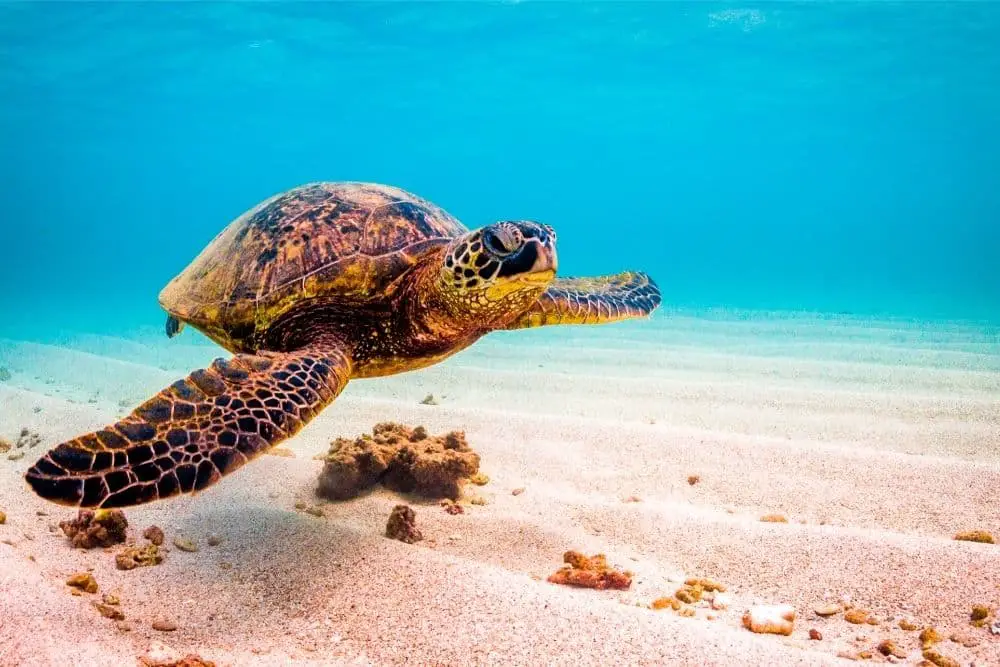
Conclusion
While we may not measure their intelligence by human standards, there is a growing body of evidence that suggests sea turtles possess a level of cognitive ability that goes beyond simple instinct.
Their incredible homing instincts, demonstrated through long-distance migrations and their uncanny ability to return to their natal beaches, showcase a remarkable navigational intelligence. Observations of their problem-solving skills and social behaviors add further layers to the puzzle of their cognitive capabilities.
However, it is essential to acknowledge that sea turtles face numerous threats in their habitat, including habitat destruction, pollution, climate change, and poaching. These challenges jeopardize their survival, making it all the more critical for us to understand and appreciate their unique qualities, including their intelligence.
In the face of these threats, conservation efforts have been crucial in preserving these ancient mariners. By better comprehending their intelligence and behaviors, we can develop more effective strategies to protect sea turtles habitats and ensure their continued existence.
They may not match human intelligence, but their abilities are a testament to the wonder and complexity of the animal kingdom, reminding us of the importance of preserving these ancient and remarkable creatures for future generations to admire and study.

